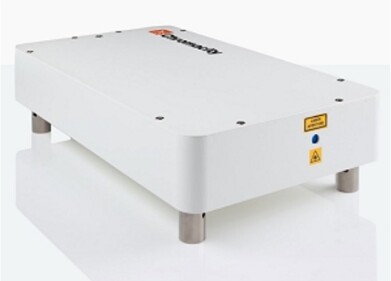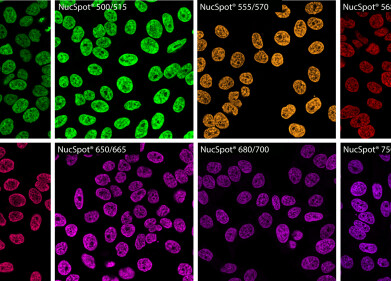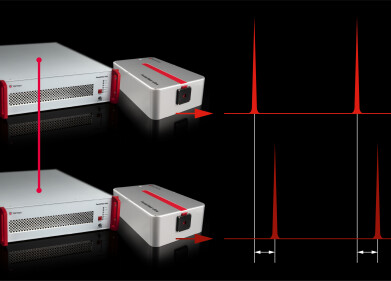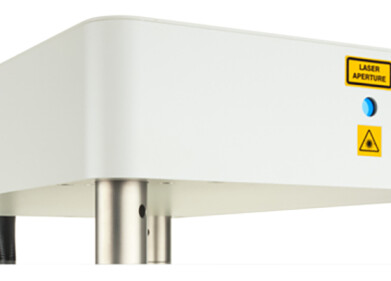Microscopy & Microtechniques
Go with Your Gut - How Does Your Stomach Impact Behaviour?
Jul 10 2017
Everyone’s heard of the term ‘hangry.’ But according to scientists, it’s not just lack of food that can influence the mood. After studying the link between microbes and the brain, a team of researchers from LA’s University of California maintain that gut activity has serious sway on emotional behaviours.
The study took an in-depth look at the gut microbiome, aka the ecosystem of bacteria that lives in the digestive system. As well as breaking down food, the team assert that the tiny microorganisms appear to be linked with regions of the brain associated with mood and general behaviour. This includes the brain’s response to fear.
What faeces reveals about
It builds on previous studies conducted on rodents, which revealed that links to anxiety and depression often correlate with the content of the gut microbiome. This is the first time the theory has been tested on humans, with the team collecting faecal matter from 40 females. They profiled each gut microbiome, and hooked the ladies up to a magnetic resonance imaging (MRI) scanner. The subjects were then shown various images designed to provoke emotional responses, including people, environments, situations and objects.
The highs and lows of gut bacteria
The findings were published in the journal Psychosomatic Medicine, with the team explaining that two primary groups of bacteria appear to have some effect on the constitution of the brain. The first is called the Prevotella, found within seven of the women. These ladies showed a greater connectivity between the emotional, attentional and sensory brain regions, and appeared to have smaller and less active hippocampi. This region is also linked to emotional regulation and consciousness, and also plays an important role in consolidating of short-term experiences into long-term memories. Interestingly, the women with Prevotella counts were more prone to negative emotions, especially relating to distress and anxiety.
The remaining 33 women had high levels of Bacterioids, and therefore had different brain patterns. The frontal cortex and the insula (linked to problem solving and complex information processing) had more grey matter than the other group, with the hippocampi component also bigger and more active. This meant they were less sensitive to negative emotions.
Uncovering the link between food, gut and cognitive behaviour
While there’s still plenty of ground to cover, the research does confirm that there is a bona fide connection between cognition and the gut microbiome. The exact mechanisms are still uncertain, though there’s strong evidence suggesting that food influences not only thought processes, but the physical structure of the brain itself.
No doubt about it, sophisticated lab equipment plays a central role in powering medical research. For a closer look at the latest developments, ‘Fast analysis of particle shape and size - ANALYSETTE 28 ImageSizer’ spotlights the latest technology from FRITSCH, an internationally respected manufacturer of application-oriented laboratory instruments.
Digital Edition
Lab Asia 31.6 Dec 2024
December 2024
Chromatography Articles - Sustainable chromatography: Embracing software for greener methods Mass Spectrometry & Spectroscopy Articles - Solving industry challenges for phosphorus containi...
View all digital editions
Events
Jan 22 2025 Tokyo, Japan
Jan 22 2025 Birmingham, UK
Jan 25 2025 San Diego, CA, USA
Jan 27 2025 Dubai, UAE
Jan 29 2025 Tokyo, Japan



















